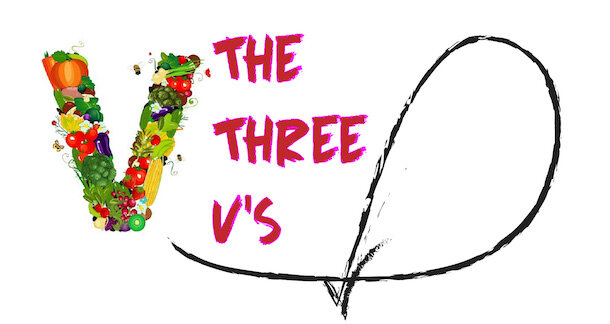PhotoCredit: Veges
When I first started public speaking I learnt that the audience’s perception of a speaker was largely driven by the energy of the speaker. Content was less important than delivery. This information helped me to freak out a little less about what I was saying and focus on enjoying myself. If I was having a good time, odds on my audience was too.
Fast forward to present day, speaking is an online game. It’s been a huge shift for us all to find ourselves navigating a world of online everything: investor calls, board calls, strategy days and mentor sessions. The same rules apply; presence is key. Being "present" in an online setting sounds like an oxymoron: how do you do this well in a virtual setting?
There are some good articles floating around but this podcast from a16z is very instructive. Matt Abrahams, a Stanford School of Business communications lecturer, speaks with Andreessen Horowitz’s Editor in Chief Sonal Chokshi. These are two people who know their craft.
It’s long. Please know that I don’t recommend any long content unless it’s excellent.
Anyone wanting to develop their communications skills can learn from this. At minute 28.35 they switch from the broader topic of moderating panels (which might not be for everyone) to the art of communicating virtually. If you are strapped for time start listening from that point on. They explore the three V’s of presence: visual, vocal and verbal. How you appear visually, how to moderate your vocals for interest and stamina, and the importance of being verbally articulate (specifically removing what they call verbal graffiti; the "um’s", "ah’s", "like’s" and frankly anything needlessly repeated).
I will leave you to listen as there is no way I can succinctly capture the richness of this content. However, I will emphasize one point they make which is that there is NO question we are in an “unprecedented age of online communication and collaboration." It is critical we all develop these skills and learn to not just survive this massive online shift but to thrive in this new way of working. It delivers benefits just as much as it delivers fatigue.

